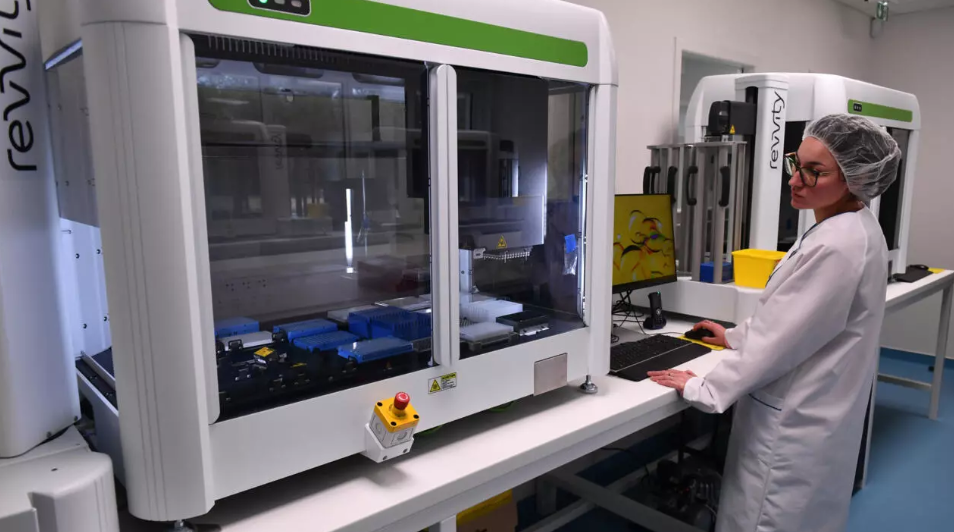In 2022, France introduced a groundbreaking strategy to combat endometriosis, a chronic condition affecting one in ten women of reproductive age worldwide. Central to this initiative was the promotion of the ‘Endotest,’ a saliva-based diagnostic tool developed by French start-up Ziwig. Marketed as a revolutionary solution leveraging artificial intelligence and microRNA technology, the test promised to simplify and expedite the diagnosis of endometriosis, which currently requires invasive surgical procedures. However, despite significant government backing and financial investment, questions linger about the test’s efficacy and broader applicability. Researchers have raised concerns about the limited scope of studies supporting the Endotest, with some arguing that the participant samples may not be representative of the general population. While the French Health Authority (HAS) has acknowledged the test’s diagnostic performance, it has also called for further research to confirm its clinical utility. Critics have pointed out the disproportionate funding allocated to the Endotest compared to other endometriosis research avenues, such as improving ultrasound interpretation. Patient advocacy groups like Endomind have campaigned for broader access to the test, but some patients and experts remain skeptical, questioning whether the Endotest truly represents a significant advancement in endometriosis care. Ziwig’s leadership defends the test, citing published research and ongoing efforts to validate its effectiveness through peer-reviewed journals. As the debate continues, the Endotest remains a focal point in France’s broader efforts to address the challenges of diagnosing and treating endometriosis.
